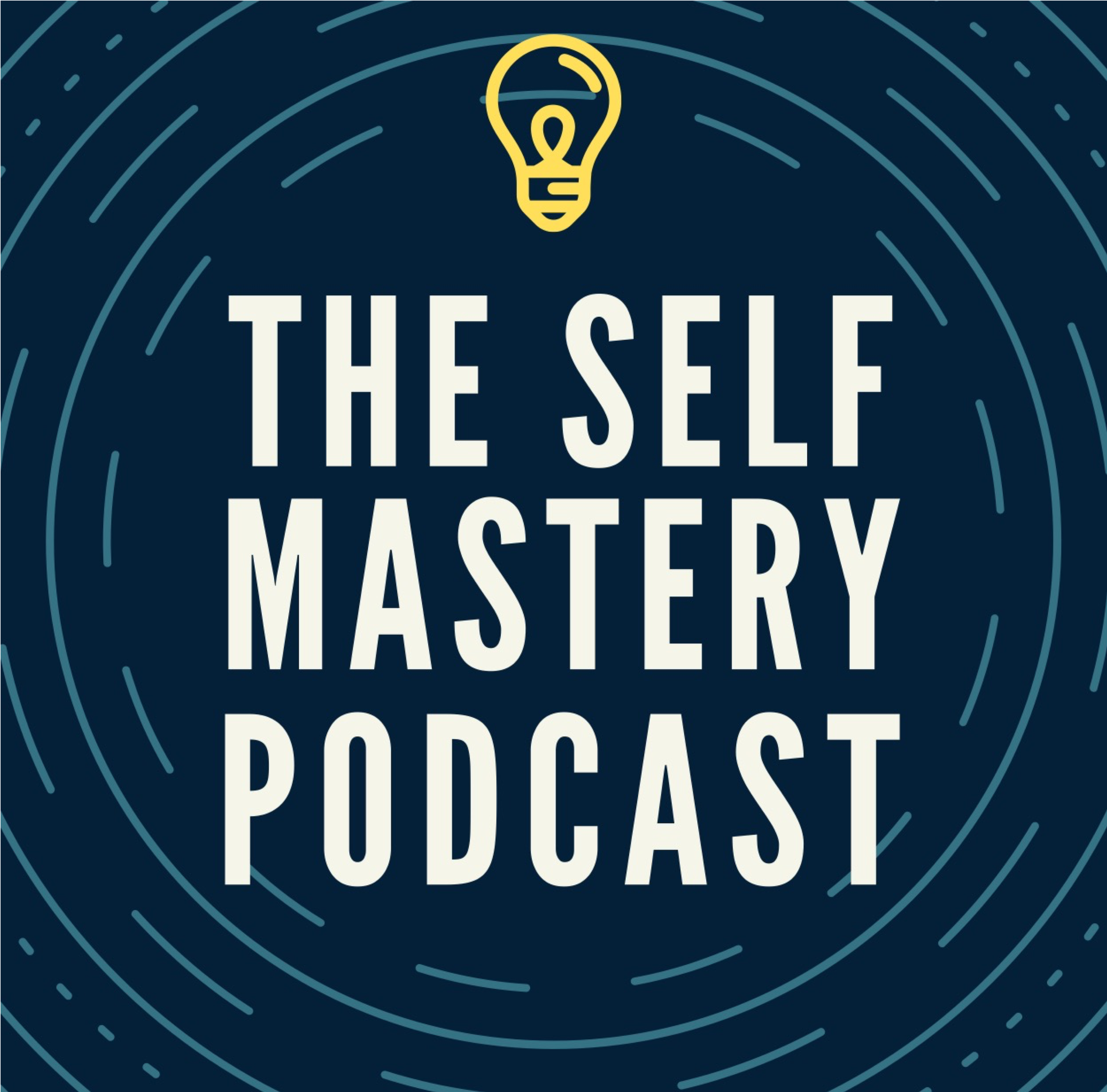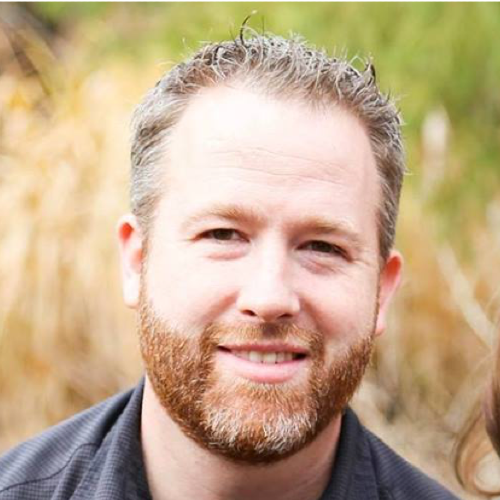Telling Your Partner About Your Pornography Struggle
Real quick, before we get too far, I have a free masterclass for anyone who wants to overcome pornography forever. https://www.zachspafford.com/freecall
Here you’ll learn how you can overcome pornography forever.
I want to talk about why it may be that you are not telling your partner about your pornography struggle.
You may be one who always tells your partner. There are a lot of reasons that I believe this is the best course of action in the long run. The biggest reason that I believe this is the best is that it allows your partner to actually know you. What I mean by this is, when you tell your partner what goes on for you when you are alone with yourself, they get a real sense of who you are and can more fully make decisions about how they want to choose you or even reject parts of you that they don’t like.
You might not like the idea of being rejected. But I can tell you from personal experience, being rejected from an open and vulnerable position, rather than being validated from a dishonest position is more valuable to your development as a person and your process of leaving behind pornography. Being validated or told you are enough or good or loved from a dishonest, hiding position, leaves us with even greater guilt and possibly shame over not being who we say we are and our partner even more confused about who we really are.
Speaking of who we are, telling your partner about your pornography activity allows you to live with greater integrity. There are two meanings for integrity that are important here.
The first is living with greater truthfulness.
Think of it this way. Would you rather get hired after telling your employer that you have a certificate or diploma you do not, only to look over your shoulder for the rest of the time you work there and live in dishonesty? Or be rejected by that same employer, with the knowledge that you have been honest, earn the respect of the employer and come back stronger later when you’ve actually gotten what you need to be employable?
The second is living in a more integrated way with the person you are when you are alone and when you are with others. Your private self is more fully integrated with your public self.
So, even though we may suffer rejection in the short term, as I spoken about on the podcast before, we earn greater trust with our partner and with ourselves that we are being who we say we are, even if we are not yet living up to our moral standards around pornography.
This is about the aggregation of marginal gains. Getting a little better here, even at a cost, is going to help us succeed at overcoming pornography for good.
Now you may not feel like it is worthwhile to tell your partner and they may have told you not to tell them. That is between you and them. I am simply offering my very real sense of what has made the most difference for me as I have overcome pornography personally.
Those are the reasons for telling your partner. What, then, might be keeping you from telling your significant other about your pornography struggles?
One may be that you promised that you would never do it again and you will admit that you’ve failed.
Let’s talk about that for just a moment. First, if you have not promised that you would never look at pornography again to someone else, I would shy away from that idea. If you are going to be having this conversation with someone else, you want to set yourself up for success. The first thing you’ll want to recognize about the promise to never look at pornography again is, it is very unlikely that you will be able to avoid pornography for the rest of your life no matter what you do. I recall walking into our local pizza shop in Franklin Wisconsin, a long time ago and seeing a picture of a topless woman on the cover of a magazine laying on a table in the pick-up area of the restaurant.
I didn’t do anything with it or about it. I didn’t take it any further from that moment. But, if I had promised to never view pornography again, in that moment, through no fault of my own, I would have failed and my conversation with Darcy might have been one of mistrust rather than one of commenting on the occurrence.
Some of you might be saying, “well, that obviously wasn’t your fault so no one could hold that against you”. You might be right. But I’ve had conversations with spouses who were just as upset about accidental viewing of nudity as they were about purposeful viewing of pornography.
The truth is, words matter. I was listening to Jordan Peterson and he said something that I feel is true and I try to do, though I don’t always succeed. He said, “be precise in your language.” We expect others to say what they mean and do what they say. If you have promised to never view anything pornographic again, then that is what you mean in the mind of the hearer, regardless of the possibility of accidents that are outside your control. This is like promising that you’ll never get in a car accident. The reality is, you have no idea if you are going to be rear-ended tomorrow by someone.
Be precise.
So, if you’ve made a promise that is going to be impossible to keep, the very first thing I would do, right now, pause the podcast, is call the person you’ve made the promise to and rescind it.
Call and let them know that living up to that promise is likely impossible. You may not be planning to view porn in the future, but you can never promise to never view it ever.
That accounts for the reality of life and it now recognizes with your partner that you are going to be honest about the possibility that you may not always succeed at this.
That, by the way, doesn’t set you up for failure. It set you up for being able to have real conversations without the idea that you need to be perfect yet.
If you have promised this and you have made the choice to view pornography, then we run into a bit of a dilemma. The reasons not to tell your partner can be compelling in the moment. They can be real and deep and help you manage whether you get to stay in your tribe and whether you will suffer some real shame and even a potential abusive reaction from your partner as they try to deal with what they may see, and will likely feel like, a real and deep betrayal of their trust.
At this moment, we need to recognize that not saying anything is about managing our partner. You might even call it manipulation.
We aren’t telling them what is real and true because we are working to manage them to make us feel and them better in the moment.
If that is the case for you, ask yourself, do you want to have to manage them forever?
If not, it’s time to rip off the bandaid and say what is real without any expectation of how your partner will react.
Another reason you may not be telling your partner is that you’ve done so well for so long and you don’t want to lose your streak in their eyes.
When we choose pornography as a way to manage our emotions, we are not on some imaginary timeline that starts over.
Rather, we are at a moment of discovery, data, and divergence.
When we look at our choices objectively and with our partner openly, we are more likely to discover what it is that opened the door to go down the path we chose.
Utilizing that data is more valuable than anything you can do to understand what is going on for you emotionally. Emotions are data. They might feel like they rule our lives and drive our actions without input and they may be. but they are key to understanding what it is that our brains are going through to arrive at the decisions we make.
Knowing how we got to the place we arrived at gives us a greater chance to diverge from that path in the future.
That divergence is where the magic happens and you will be able to leave pornography behind forever.
You don’t have to be perfect, but you do need to be a scientist. And, usually, the best person to help you with that discovery process is the person beside you who is most invested in your success.
One last reason that you might not be telling your partner about your pornography struggle is that you believe you need to protect them.
Let me just face this one head-on. You do not need to protect your partner.
This has a couple of really powerful negative effects. One is that you are telling your partner that they are not capable or strong enough to handle the real you.
The second is that you are pretending that you can handle everything on your own and without their input.
These are both, massive miscalculations. If your partner is to really your partner, then they need to know the real you as we talked about earlier. Could you immagine going into a business partnership with someone and not knowing all the facts and then finding out that they were withholding information from you to “protect” you?
That would not be a partnership that would last very long.
Disney movies often portray a story where a charming prince comes along and becomes the caretaker of a hapless damsel.
Darcy and I were talking about this the other day and how she really believed that I was there to caretake her financially in the beginning of our marriage. On the flip side, I thought that she was there to caretake me sexually. So we were even on that score. But the sooner you get out of the Disney fantasy, the better off you’ll be.
So, how do you do this? How do you tell your partner if you haven’t yet. Or if you have but need to reengage them in the conversation that has been going on inside you?
Three steps:
- Start by figuring out what you are going to say. Write it down if you need to, but start formulating the sentences.
- Practice. Get in front of a mirror if you have to. Practice with someone you know who is willing to help you out with this. Just spend some time saying the things that you want to say. All while recognizing that any speeches you have may get tossed the moment the conversation begins.
- Speak. Start saying the words and keep talking until you’ve said what you need to say.
- Listen. Hear your partner. Be there for them as they grieve this moment of change.




